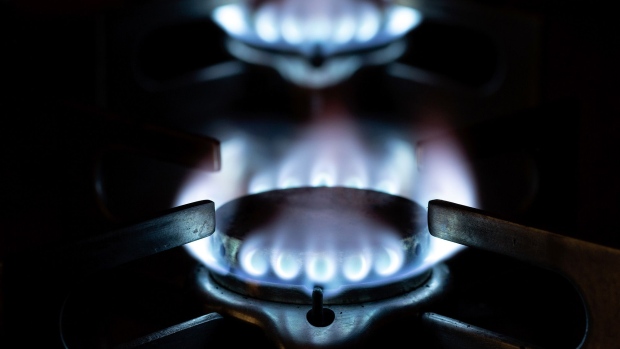Mar 1, 2023
Gas Stoves Are One Step Closer to New Rules
, Bloomberg News

(Bloomberg) -- The US Consumer Product Safety Commission has voted to seek public input on gas stoves, a potential first step in regulating the appliances.
Richard Trumka Jr., a CPSC commissioner, was faced with outrage when he floated the idea of a ban in January as Republican lawmakers and other conservatives painted a picture of overreach by Democrats and introduced preemptive measures on gas stove bans. Within days, the head of the commission clarified that the agency had no plans to halt their use, and the White House issued a statement that said the president didn’t support banning the ranges either.
The agency voted 3—1 to approve a request for information on the health hazards of gas stove emissions and the potential solutions to those hazards, Trumka spokeswoman Meghan Sebold said Wednesday. While the call for comments doesn’t necessarily trigger a regulation, it could form the basis for future rules governing the household appliances.
“Today marks an important milestone on the road to protecting consumers from potential hidden hazards in their homes - the emissions from gas stoves,” Trumka said in a statement. “This request for information furthers our commitment to American consumers because step one in confronting a potential hazard is understanding its scope and the options for addressing it.”
Natural gas stoves are used in about 40% of homes in the US. They emit air pollutants such as nitrogen dioxide, carbon monoxide and fine particulate matter at levels the EPA and World Health Organization have said are unsafe and linked to respiratory illness, cardiovascular problems, cancer and other health conditions, multiple studies have shown.
While Alexander Hoehn-Saric, chair of the CPSC, said in January the agency was “not looking to ban gas stoves,” he added research has indicated emissions from gas ranges can be hazardous and the agency is “looking for ways to reduce related indoor air quality hazards.” Among some options are new performance standards, warning labels and range hoods.
Additional regulatory steps on gas stoves would require a full vote by the commission, the agency said in a statement Wednesday, adding it didn’t have any rules planned.
“The chronic hazards that can arise from toxic emissions should be studied and that is what we are doing,” Hoehn-Saric said on Twitter. “I welcome the public’s input and data during the comment period.”
Specifically, the request for information seeks research on the health hazards of gas stove emissions, including links to childhood asthma, as well as information on potential solutions “to remediate such hazards” including on costs, benefits and feasability.
(Adds comment from commission chairman in penultimate paragraph.)
©2023 Bloomberg L.P.






